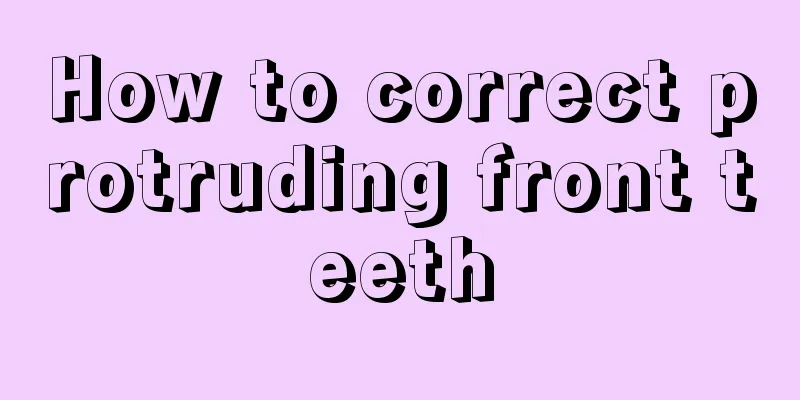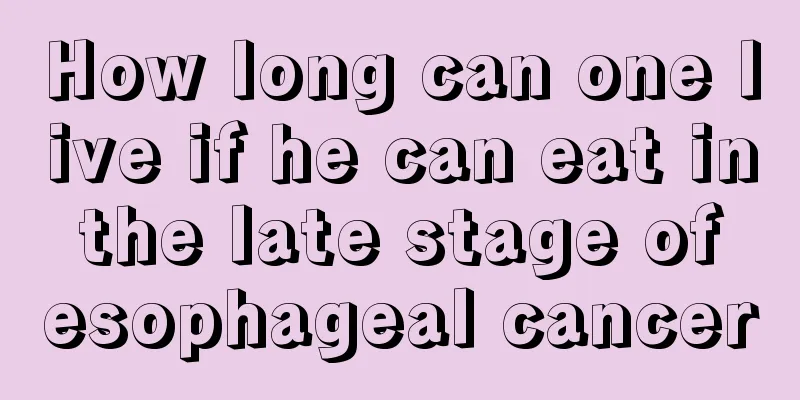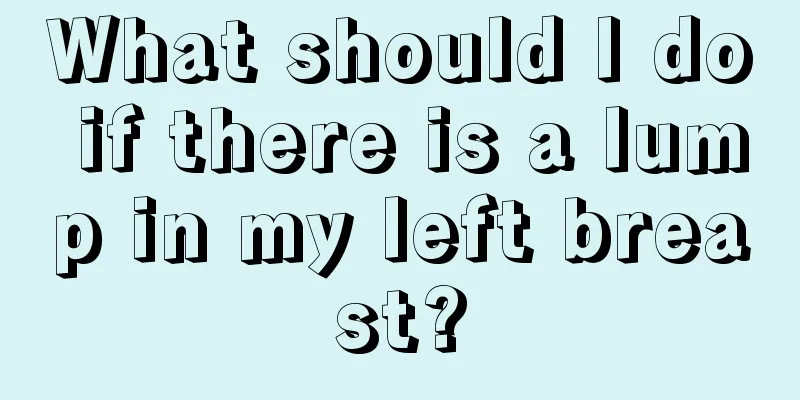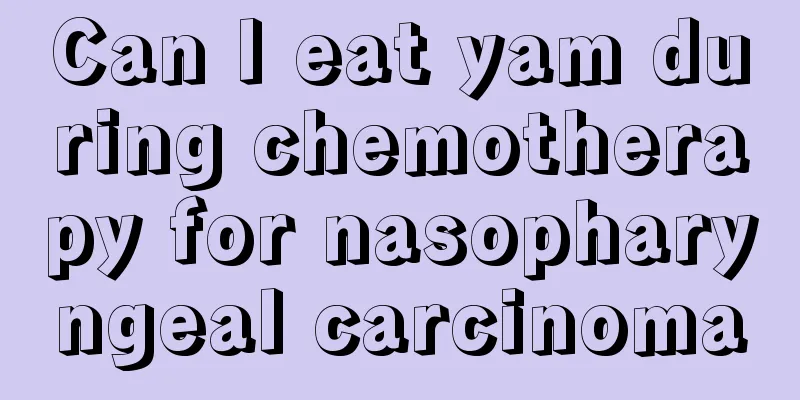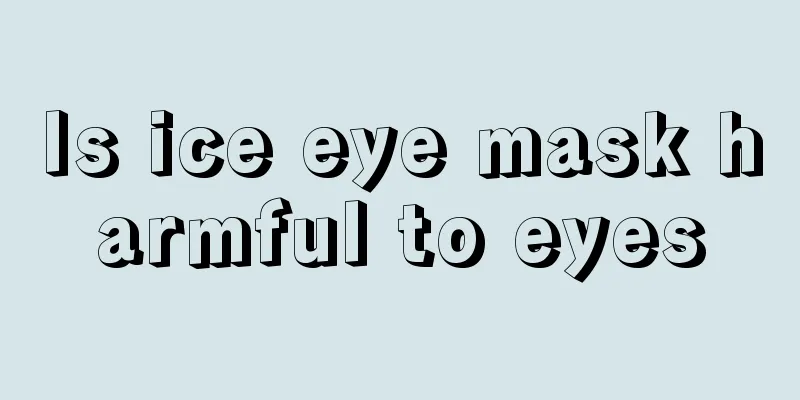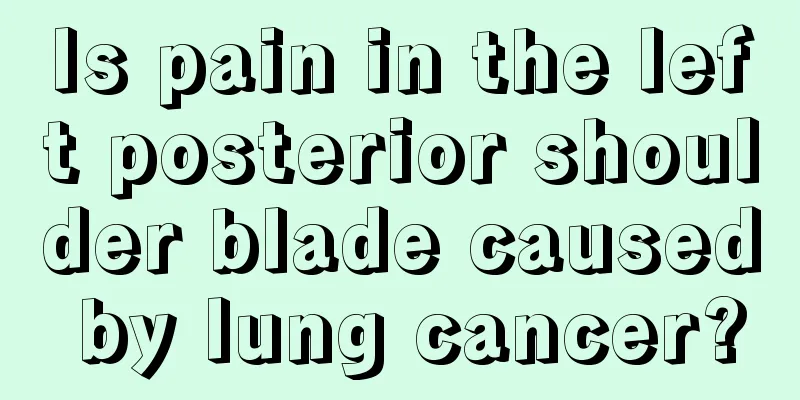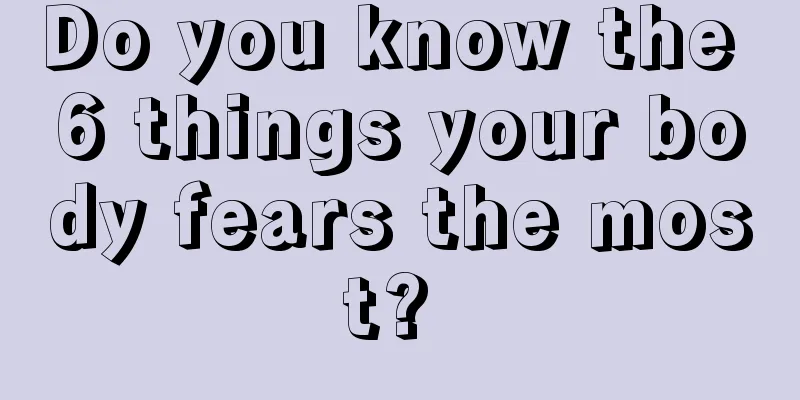Analysis of common drugs for tongue cancer
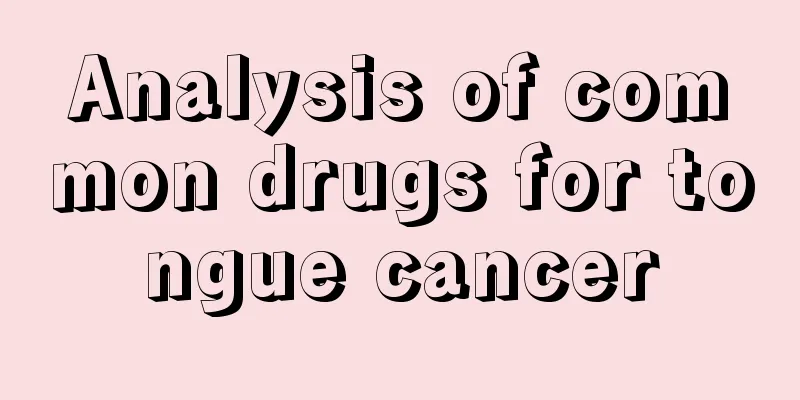
|
Almost everyone has experienced illness in life. It is an indisputable fact that except for a few viral diseases that may be cured without treatment, all other diseases can only be cured through treatment. Next, cancer is a malignant tumor with great harm, and the issue of medication is even more critical. Later, let's learn about the common drug analysis of tongue cancer. Tongue cancer is a common malignant tumor in the oral and maxillofacial region, which occurs more frequently in males than in females. Most cases are squamous cell carcinomas, especially in the anterior 2/3 of the tongue. Adenocarcinomas are relatively rare and are mostly located at the root of the tongue. Lymphoepithelial carcinoma and undifferentiated carcinoma may also occur at the root of the tongue. The basic treatment for general diseases is through medication, but because tongue cancer belongs to the category of malignant tumors, clinical treatment of tongue cancer is mainly surgical treatment, and the effect of medication is not great. Generally, primary source resection and neck lymph node dissection should be performed, and radiotherapy or chemotherapy and biological immunotherapy should be combined before or after surgery. Surgical treatment: the main method of treating tongue cancer. For T1 cases, a wedge-shaped resection more than 1 cm away from the lesion can be performed, and the tongue can be sutured directly; for T2-T4 cases, a half tongue resection or even a full tongue resection should be performed. As an important organ for mastication and speech, simultaneous reconstruction should be performed when more than 1/2 of the tongue is missing. For preventive anti-infection in general surgeries, sulfonamides or drugs that mainly act on Gram-positive bacteria are used; for surgeries with a large scope, bone grafting or more complex repairs, combined medication is generally used, and the most commonly used ones are: drugs that act on Gram-positive bacteria + drugs that act on Gram-negative bacteria + drugs that act on anaerobic bacteria; for patients with severe infection before and after surgery, large surgical wounds, and complex repair methods, effective antibiotics can be selected based on clinical and drug sensitivity tests. Early-stage, well-differentiated tongue cancer can be treated with radiotherapy, simple surgical resection, or cryosurgery. Advanced tongue cancer should be treated with comprehensive treatment, using radiotherapy plus surgery or triple (chemotherapy, surgery, radiotherapy) or quadruple (triple plus traditional Chinese medicine or immunotherapy) therapy according to different conditions. Biological immunotherapy: During clinical treatment with DC-CIK biological immunotherapy technology, two special functional cells of the human immune system that specifically deal with tumor cells are separated from the human peripheral blood: one is the DC cell, which is like a "radar" that can actively search and identify tumor cells, and transmit information to immune active cells to activate immune responses, enhance the body's immunity, and inhibit tumor generation and spread; the other is the CIK cell, which is like a "missile" that can accurately and targetedly kill tumor cells without damaging any normal tissues. At the same time, it is particularly good at clearing residual and tiny metastatic lesions, effectively preventing the recurrence and metastasis of cancer cells. Biological cell therapy technology uses DC-CIK cell therapy. DC cells are the initiators of the body's immune response and can induce a long-lasting and powerful specific anti-tumor immune response; CIK cells can eliminate tiny residual lesions in tumor patients through non-specific immune killing. Therefore, the organic combination of DC loaded with tumor antigens and CIK, namely DC-CIK cells, can produce specific and non-specific dual anti-tumor effects. The two have a certain complementary effect, and the combined application can achieve a "1+1>2" therapeutic effect. DC-CIK anti-cancer cell experiments show that the killing activity of DC-CIK cells in killing cancer cells is significantly higher than that of CIK cells, and is equivalent to the cancer cell activity of DC-CIK cells cultured by the PBMC collection method of a blood cell separator. Radiotherapy: It can be used as an adjuvant treatment before and after surgery for advanced tongue cancer. Chemotherapy: Chemotherapy can be used before or after surgery. Because of its serious side effects, it should be used under the guidance of a physician and with close observation of blood counts. Cryotherapy can be considered for T1 and T2 tongue cancer. Traditional Chinese medicine treatment: Traditional Chinese medicine can make up for the deficiencies of surgical treatment, radiotherapy, and chemotherapy. It can not only consolidate the effects of radiotherapy and chemotherapy, but also eliminate the toxic side effects of radiotherapy and chemotherapy. |
<<: Tongue cancer medicine list
>>: Experts talk about medication tips for tongue cancer
Recommend
Beware! Five "red lights" warning signs of ovarian cancer
The incidence of pathological ovarian cancer is o...
Milk powder containing lactoferrin
After birth, the baby's body needs sufficient...
Skin and soft tissue infection, five methods to diagnose
Skin and soft tissue infections mainly refer to c...
What is the reason why teeth bleed easily
Bleeding teeth, also known as bleeding gums, is a...
What is the inheritance rate of nasopharyngeal cancer?
Will nasopharyngeal cancer be passed on to the ne...
Is it difficult to distinguish between lung abscess and lung cancer? Lung cancer and lung abscess can be distinguished in this way
Lung abscess and lung cancer are respiratory dise...
What is the reason for the pain in the groin behind the knee
If you experience pain in the popliteal fossa beh...
Best prenatal music time
When the fetus is in the mother's body, it ha...
How to observe the changes in lung cancer? Three points to pay attention to when caring for lung cancer at home
With the accelerated pace of people's lives a...
How many years can one live with advanced liver cancer
The prognosis of advanced liver cancer depends on...
What are the symptoms of laryngeal edema
Laryngeal edema is a common clinical problem. Thi...
How is prostate cancer caused? 4 causes of prostate cancer that should be avoided
The occurrence of prostate cancer can bring great...
How to reduce the recurrence of ovarian cancer!
During ovarian cancer surgery, the primary tumor ...
Experts explain common methods of treating prostate cancer
As people pay more and more attention to men'...
What items should be checked for bleeding diseases and what is the significance of each item
In life, there are many issues that need attentio...
